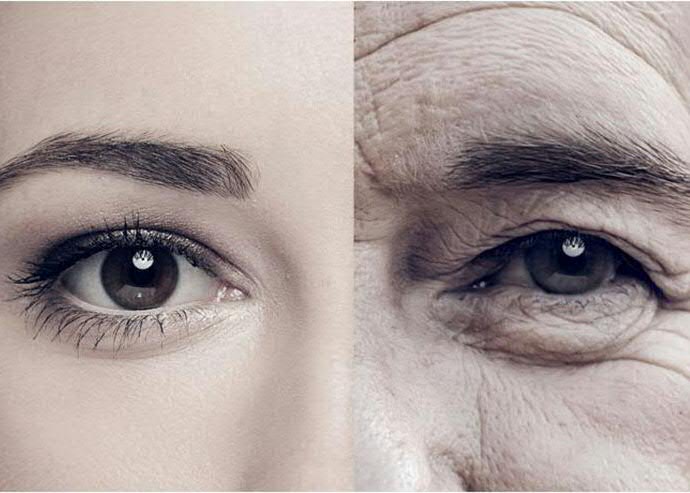University of Groningen launches free online course ‘Why Do We Age? The Molecular Mechanisms of Ageing’

The European Research Institute for the Biology of Ageing (ERIBA), University of Groningen and University Medical Center Groningen, will launch on 1 June 2015 a free online course on the Biology of Ageing. This course will focus on questions like: ‘W hy do we age?’, ‘Is there a limit to human lifespan?’ and ‘Can we prolong our lives?’. Participants will study the current concepts and theories of the biology of ageing and will learn about the molecular processes that take place in the ageing cell.
More information, a trailer and the registration form are available on the website of FutureLearn. The University of Groningen signed a partnership with platform Future Learn last year. The MOOC on Molecular Ageing is already the fourth one realized within this partnership.
More information
Contact: Marianna Bevova
European Research Institute for the Biology of Ageing
University Medical Center Groningen, University of Groningen
More news
-
17 November 2025
Artificial intelligence in healthcare
-
04 November 2025
AI Factory in Groningen advances digital sovereignty
-
03 November 2025
Menopause in perspective: How the media influences our perception
